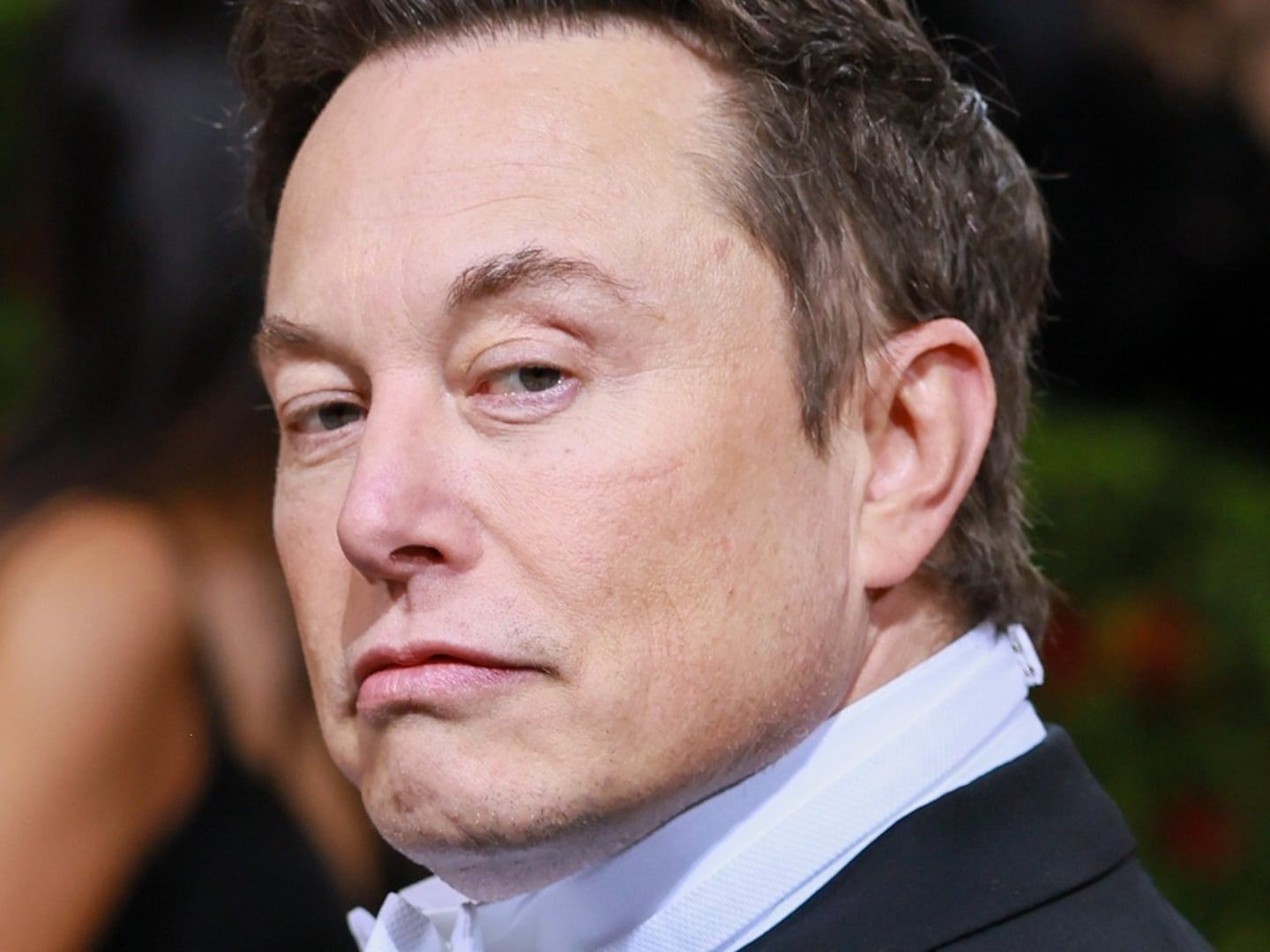Politics
YouTube
The Center for American Progress’ Moscow Project Is Gunning for Trump
‘Unusual Times’
The liberal think tank works to connect the dots at a rare moment when U.S. spooks have ‘their hair on fire way more than the political pundit class.’
opinion





